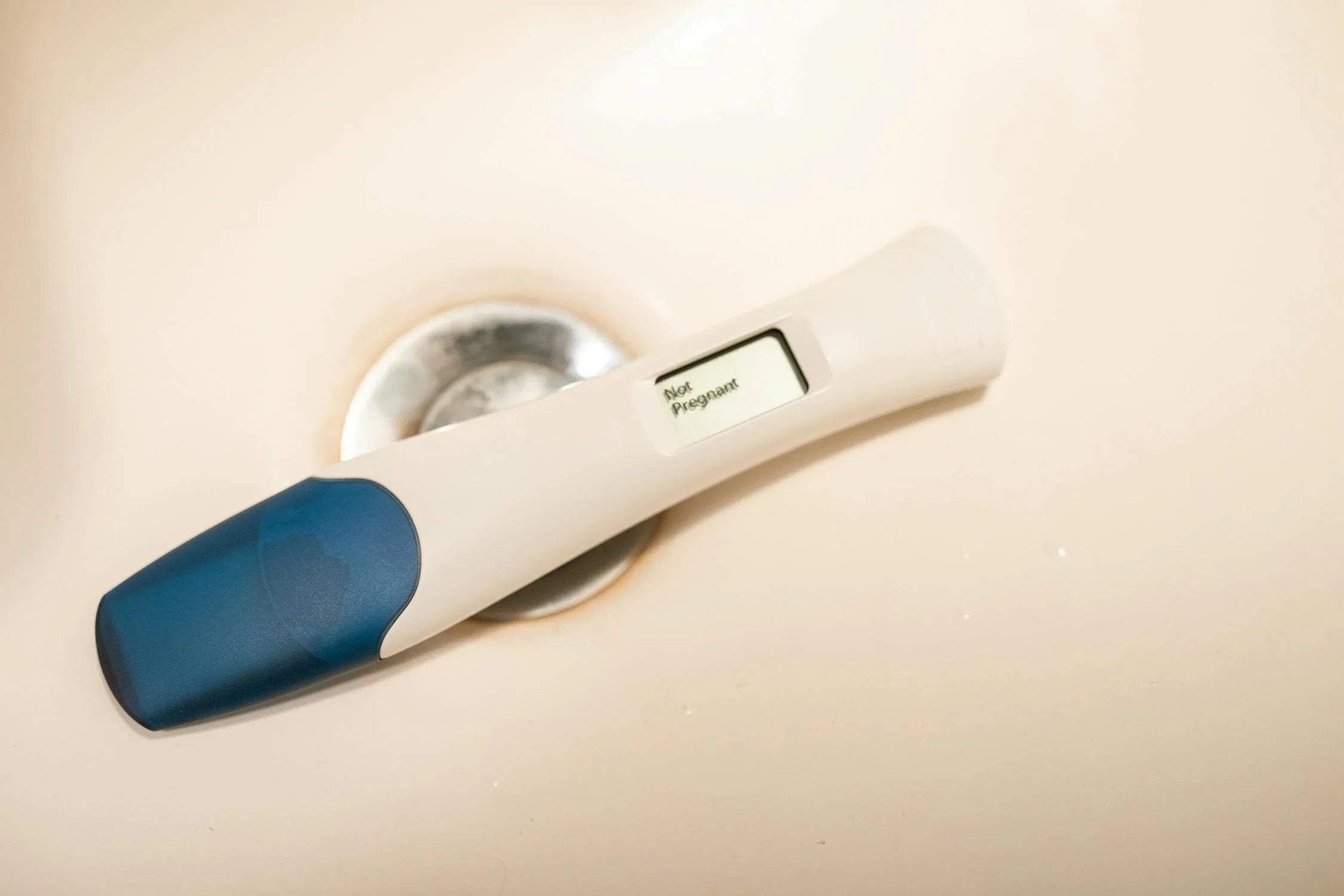Accueil
Pregnancy, Breastfeeding, and Pumping: The Ultimate Guide for Moms
When Should I Test for Pregnancy: A Comprehensive Guide

When Should I Test for Pregnancy: A Comprehensive Guide
Deciding when to test for pregnancy can be a pivotal moment filled with anticipation and uncertainty. Whether you're hoping for a positive result or preparing for the next steps, timing your test correctly is crucial for accurate results. This guide will walk you through everything you need to know about when to test for pregnancy, ensuring you're well-informed and ready to take the next step.
Understanding the Basics of Pregnancy Testing
Pregnancy tests work by detecting the presence of human chorionic gonadotropin (hCG), a hormone produced by the placenta shortly after a fertilized egg attaches to the uterine lining. The levels of hCG increase rapidly in the early stages of pregnancy, making it a reliable marker for confirming pregnancy.
There are two main types of pregnancy tests: urine tests and blood tests. Urine tests are the most common and can be done at home, while blood tests are typically conducted in a healthcare setting and can detect pregnancy earlier than urine tests.
When to Take a Pregnancy Test
The timing of your pregnancy test can significantly impact its accuracy. Here are some key factors to consider:
Missed Period
The most common indicator that it's time to take a pregnancy test is a missed period. Most home pregnancy tests are designed to detect hCG levels about a week after a missed period. However, some tests claim to detect pregnancy even before a missed period, though their accuracy may vary.
Early Symptoms
If you're experiencing early pregnancy symptoms such as nausea, breast tenderness, fatigue, or frequent urination, it might be time to consider taking a test. While these symptoms can be caused by other factors, they are often early signs of pregnancy.
Irregular Cycles
For those with irregular menstrual cycles, determining when to take a pregnancy test can be more challenging. In such cases, it's advisable to wait at least 21 days after unprotected sex before testing. If you're unsure, consulting a healthcare provider can help you determine the best time to test.
Factors Affecting Test Accuracy
Several factors can influence the accuracy of a pregnancy test, including:
Test Sensitivity
Different pregnancy tests have varying levels of sensitivity to hCG. Some tests can detect lower levels of hCG, making them more accurate earlier in pregnancy. It's essential to read the instructions carefully and choose a test that aligns with your needs.
Timing of Testing
Testing too early can result in a false negative, as hCG levels may not yet be high enough to detect. Conversely, testing too late can also affect accuracy, especially if the test is not designed to detect lower levels of hCG later in pregnancy.
User Error
Incorrect usage of the test, such as not following the instructions properly or using an expired test, can lead to inaccurate results. Always ensure you're using the test correctly and check the expiration date before use.
Interpreting the Results
Understanding how to interpret the results of a pregnancy test is just as important as knowing when to take it. Here are some tips:
Positive Result
A positive result typically indicates pregnancy, but it's essential to confirm with a healthcare provider. False positives are rare but can occur due to certain medical conditions or medications.
Negative Result
A negative result may mean you're not pregnant, but it could also be due to testing too early or other factors. If you still suspect pregnancy, consider retesting after a few days or consulting a healthcare provider.
Invalid Result
If the test does not display a clear result, it may be invalid. This can happen due to user error or a faulty test. In such cases, it's best to retest with a new kit.
Next Steps After Testing
Once you've taken a pregnancy test, the next steps will depend on the result:
Positive Result
If your test is positive, schedule an appointment with a healthcare provider to confirm the pregnancy and discuss your options. Early prenatal care is crucial for a healthy pregnancy.
Negative Result
If your test is negative but you still suspect pregnancy, consider retesting after a few days or consulting a healthcare provider. It's also important to explore other potential causes of your symptoms.
Uncertain Result
If you're unsure about the result, seeking medical advice is the best course of action. A healthcare provider can offer more accurate testing and guidance.
Knowing when to test for pregnancy is a critical step in your journey, whether you're hoping to conceive or preparing for the next chapter in your life. By understanding the factors that influence test accuracy and interpreting the results correctly, you can make informed decisions and take the necessary steps forward. Remember, timing is everything, and being well-prepared can make all the difference.
Partager

